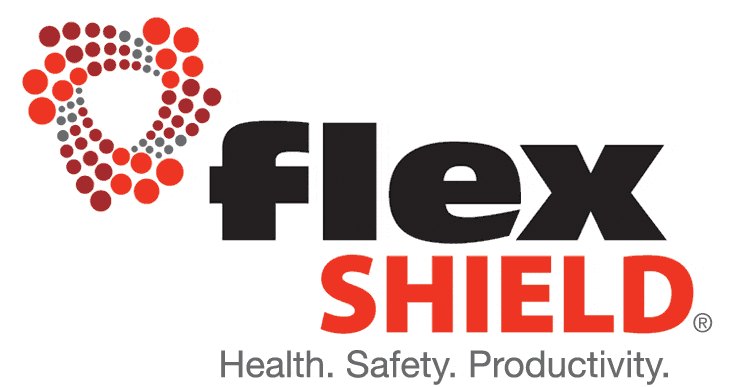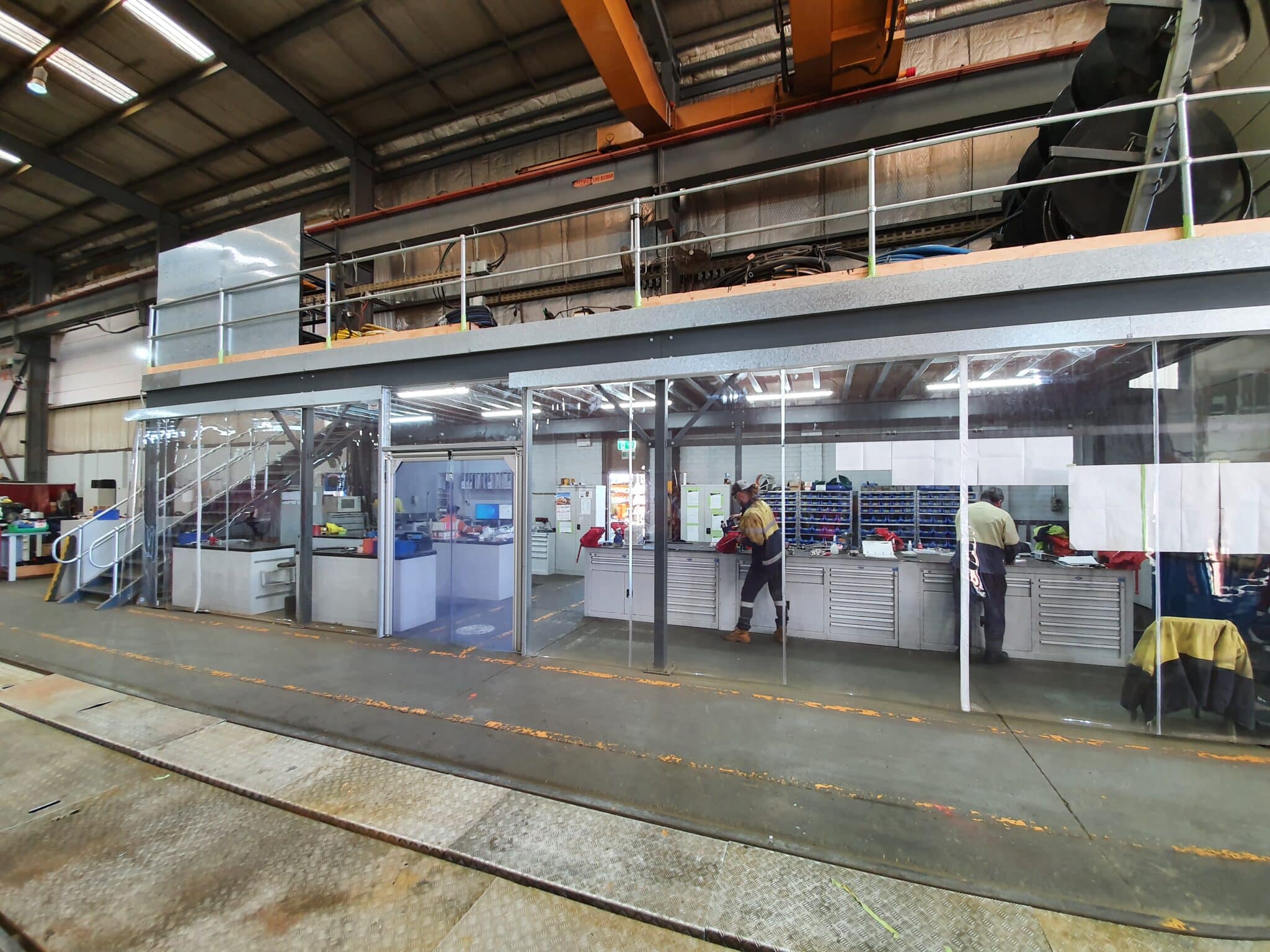Call 1300 799 969 | Contact Us


Home » Protecting Employee Health and Safety in the Workplace
In the industrial sector, noise is a common occupational hazard that can have significant impacts on employee health and safety. Industrial noise is created by various sources such as machinery, equipment, and vehicles – and it’s often loud and continuous, making it challenging to work in such an environment.
Exposure to high levels of noise can cause hearing damage, tinnitus, and other health issues. In addition to physical health effects, excessive noise can lead to psychological effects such as stress, anxiety, and fatigue.
That’s why noise control is essential to reduce the harmful effects of industrial noise on employees.
Employers have a responsibility to provide a safe working environment for their employees – and that includes minimising exposure to excessive noise. This can be achieved through industrial noise control measures that involve identifying sources of noise and implementing strategies to reduce noise levels.
One of the most effective noise control measures is to reduce noise at the source, either by:
Noise barriers and sound-absorbing materials can also be installed to reduce noise levels in the workplace.
Administrative controls are another effective noise control measure. This involves implementing policies and procedures to minimise employee exposure to noise, such as scheduling noisy tasks for when fewer employees are present, providing hearing protection, and rotating employees to reduce exposure.
In Australia, the regulatory agency responsible for occupational health and safety is Safe Work Australia. They have developed a series of standards and guidelines to help employers comply with noise exposure limits and control industrial noise.
The main Australian Standard that sets out requirements for occupational noise management is AS/NZS 1269.1:2005 “Occupational noise management – Measurement and assessment of noise emission and exposure.” This standard outlines the methods for measuring and assessing noise exposure in the workplace and provides guidance on the development of noise control programs.
Another important standard is AS/NZS 1270:2002 “Acoustics – Hearing protectors,” which sets out the performance requirements for hearing protectors used in the workplace.
Be aware there are also state-specific regulations and guidelines that employers must comply with, such as the Workplace Health and Safety Regulation 2011 in Queensland; the Occupational Health and Safety Regulations 2017 in Victoria; and the Occupational Safety and Health Regulations 1996 in Western Australia.
It’s important that employers consult with the relevant regulatory bodies and seek professional advice, to ensure they are complying with the appropriate standards and regulations for their industry and jurisdiction.
Noise control is essential to protect industrial employees from the harmful effects of excessive noise exposure. By reducing noise levels, employers can protect their employees from hearing damage and other health issues associated with excessive noise exposure. In addition, reducing noise levels can also lead to improved employee health and safety, increased productivity, better communication, and improved overall wellbeing for employees.
That’s why employers must identify sources of noise and implement noise control measures to reduce noise levels in the workplace.
Get advice on the right industrial noise control
For expert advice on the right noise control solutions for your facility, including soundproof enclosures, noise barriers, and acoustic panels, please contact Flexshield at 1300 799 969 or get in touch online.